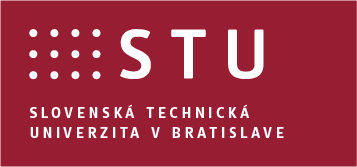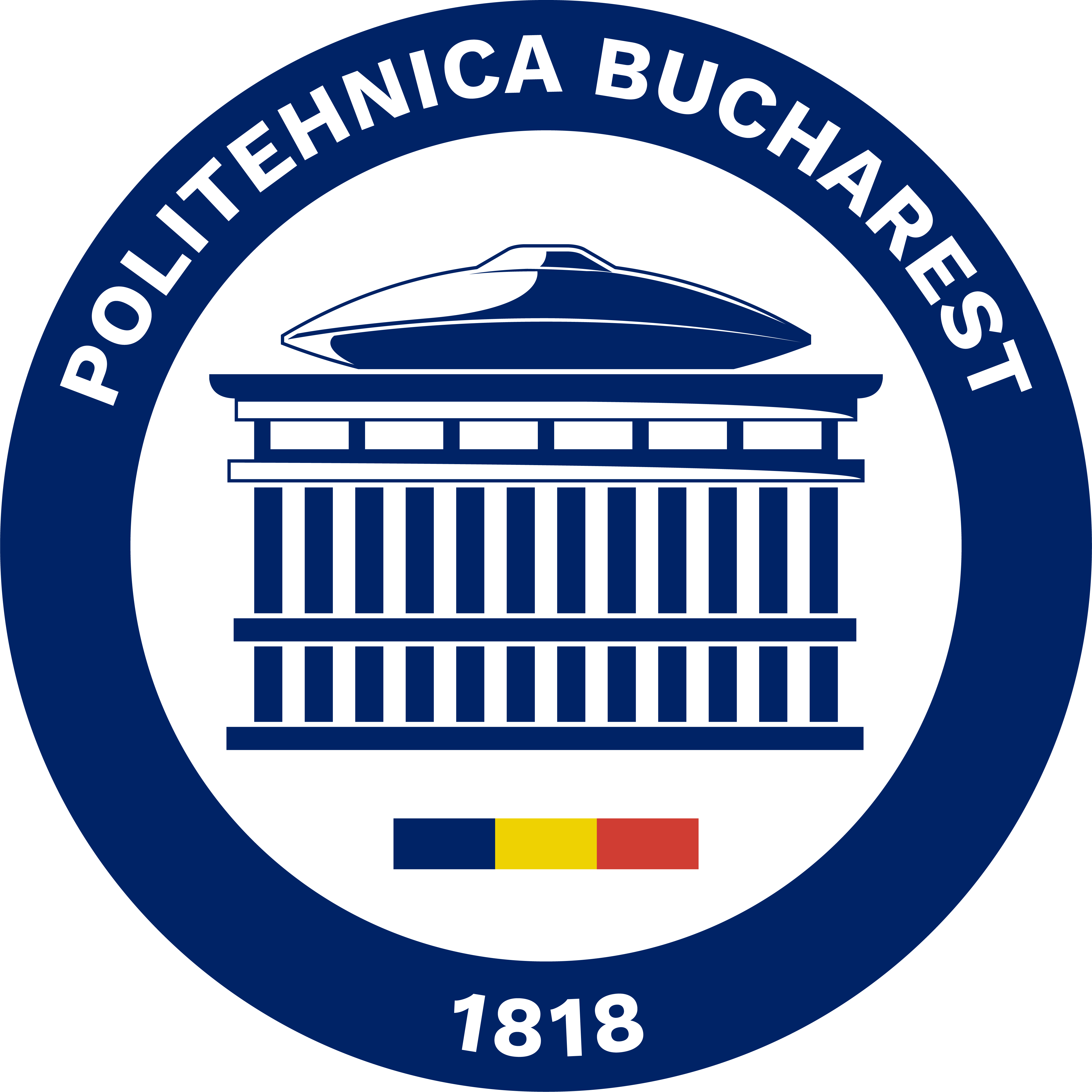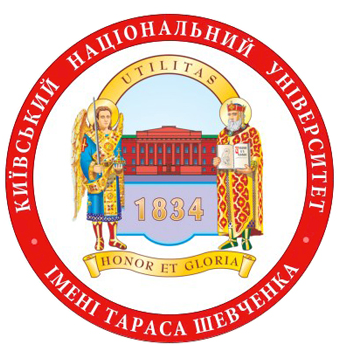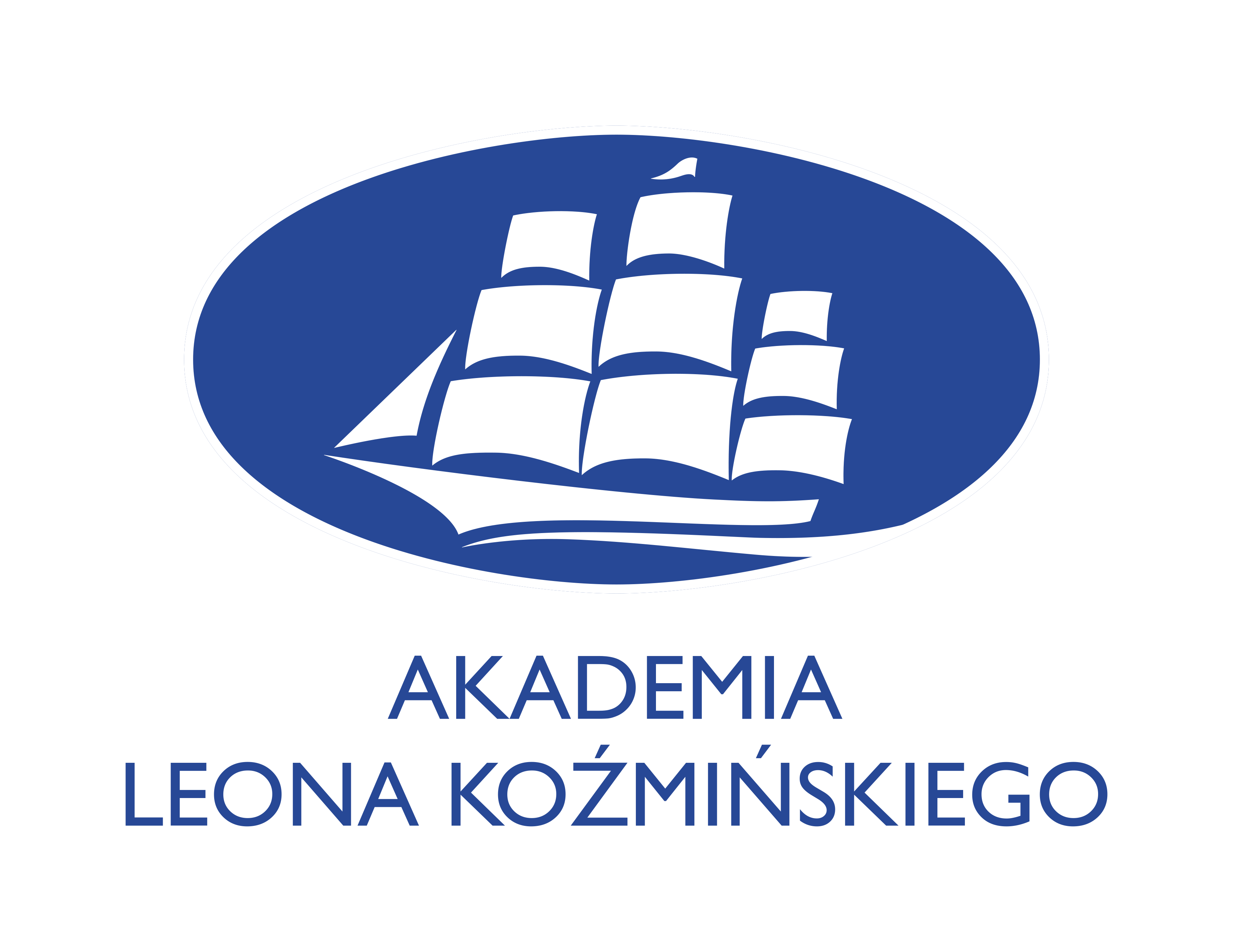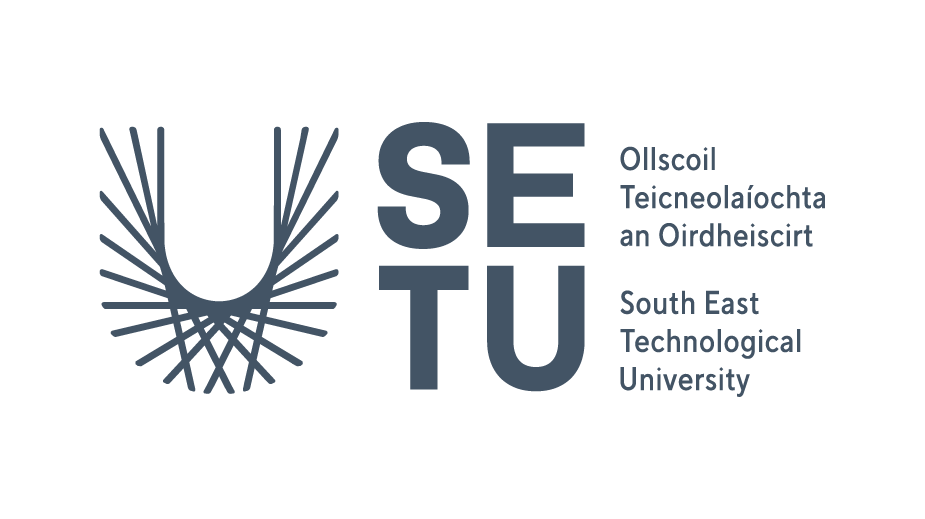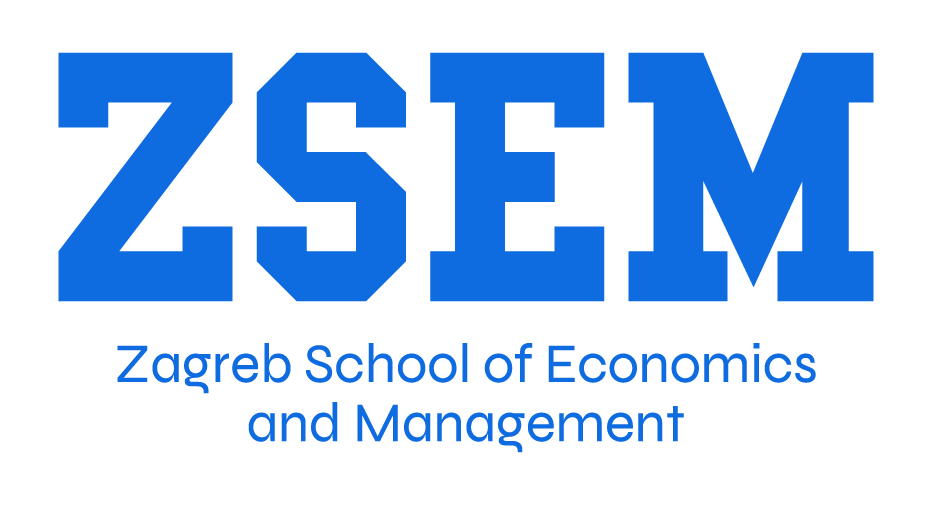-
Home
- Academic Calendar
- Secretariat Data Base
- Tuition Fees
- Alumni
- Structure of the Academic Year 2022-2023
- Homepage
- Faculty
- About us
- Board/ Audiences
- Departments
- Secretariat/Administration
- Tur virtual
- E-Learning
- Infomații GDPR
- Legea invatamantului superior
- Undergraduate
- Master
- Ph.D.
- Misiune si istoric
- Ph.D. Thesis
- Structura SD IIR
- Studii Postdoctorale
- Ph.D. Coordinators
- Abilitare
- Admitere
- Regulations
- Echitate, Diversitate și Incluziune
- Doctoranzi
- Contact S.D. IIR
- Students
- Avizier
- Courses Catalogue
- Students' Association
- Scientific Student Session
- Student Resources
- Accommodation
- Tabere
- Erasmus
- Research
-
Home
- Academic Calendar
- Secretariat Data Base
- Tuition Fees
- Alumni
- Structure of the Academic Year 2022-2023
- Homepage
- Faculty
- About us
- Board/ Audiences
- Departments
- Secretariat/Administration
- Tur virtual
- E-Learning
- Infomații GDPR
- Legea invatamantului superior
- Undergraduate
- Master
- Ph.D.
- Misiune si istoric
- Ph.D. Thesis
- Structura SD IIR
- Studii Postdoctorale
- Ph.D. Coordinators
- Abilitare
- Admitere
- Regulations
- Echitate, Diversitate și Incluziune
- Doctoranzi
- Contact S.D. IIR
- Students
- Read Time: 1 min
Erasmus proiecte
https://camis.pub.ro/index.php/en/about-boost-ai
According to European Commission “In order to remain the engine of prosperity, industry must lead the digital and green transitions”.
Industry 5.0 is a concept that builds upon the previous industrial revolutions and emphasizes the collaboration between humans & machines. It focuses on the integration of advanced technologies, including artificial intelligence (AI), to create more human-centric and sustainable manufacturing processes.

AI is also a cornerstone of smart factories, a key component of Industry 5.0. In summary, AI is a fundamental enabler of Industry 5.0, providing the intelligence and adaptability necessary for a more collaborative and human-centric approach to manufacturing.
The integration of AI technologies enhances the overall efficiency, flexibility, and sustainability of industrial processes in the context of Industry 5.0. Although not new, the AI field is gaining speed nowadays due to the increasing performance and capabilities of computing hardware.

Therefore, European universities must empower students with the necessary set of skills to apply these new concepts/technologies/objectives to their future places of work. In this particular case, the proposal targets implementation and entrepreneurship of Industry 5.0 in SMEs by students using AI technology as the missing link or enabler. By combining AI, Industry 5.0, and green entrepreneurship, students have the opportunity to contribute to a more sustainable and environmentally conscious future while gaining valuable skills in emerging technologies and business innovation.
OBJECTIVES
The main aim of the project (GO) is to increase HE students’ digital competencies in the field of AI to contribute to early adoption in Industry 5.0&entrepreneurship, to align with the Sustainable Development industrial goals using a bottom-up approach (from students to industry). More specifically the project will in a timely manner:
SO1: Create more attractive curriculum by integrating a new innovative course about AI for sustainable entrepreneurship.
SO2: Support competitiveness and employment in particular at regional&local level through the design and implementation of an AI Industry 5.0 incubator at university level to facilitate green entrepreneurship in the area of Industry 5.0.
SO3: Disseminate the project’s key message and results at local, national and EU level to promote the use of AI for sustainable entrepreneurship.

KEY ASPECTS AND OPPORTUNITIES
Sustainable Manufacturing with AI: Students can explore how AI can be applied to optimize manufacturing with a focus on
sustainability (minimizing waste & energy consumption, ensuring eco-friendly practices)
Circular Economy Solutions: how AI technologies can support the principles of a circular economy (designing systems that
promote recycling, reusing, reducing waste, sustainable consumption patterns)
Green Tech Startups: encourage students to explore entrepreneurial opportunities in the green tech space with AI &
Industry 5.0
Education and Awareness: engage students in projects for raising awareness about sustainability and the role of AI &
Industry 5.0 (workshops/digital platforms to inform the public about the importance of adopting green practices)Ethics and Responsible AI: students can explore how to ensure that AI technologies are developed and used responsibly,
considering environmental impacts&social implications
PARTNERSHIP

POLITEHNICA Bucharest

Libera Universita Di Bolzano
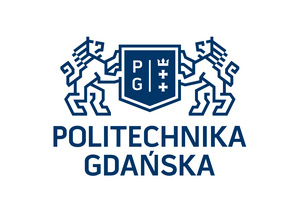
POLITECHNIKA GDANSKA

KAINOTOMIA & SIA EE

CAMERA DE COMERT SI INDUSTRIE BISTRITA NASAUD
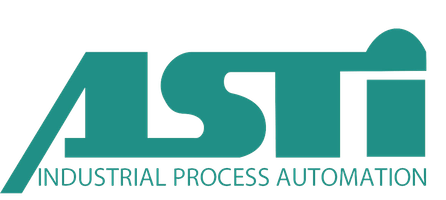
Asti Automation SRL

Dreamer Project Overview
2024-2027
The DREAMER project (Id: 2024-1-SK01-KA220-HED-000248287), led by the Slovak University of Technology in Bratislava (STUBA), in collaboration with partner institutions from Romania, Poland, Ireland, Croatia, and Ukraine, focuses on addressing the pressing shortage of skilled project managers. This shortage threatens global and European economic stability, especially in critical sectors like clean energy and digital innovation.
The project introduces an innovative 32 ECTS project management curriculum tailored for students in construction, engineering, and business fields. The curriculum integrates practical applications, such as the use of digital tools like Primavera, and emphasizes sustainable and green practices to prepare students for complex, real-world challenges.Key Objectives
Educational Innovation: Develop cutting-edge, interdisciplinary project management programs to equip students with vital digital and green skills.
Ukraine’s Rebuilding: Tailor programs to address Ukraine’s reconstruction needs, fostering a skilled workforce to manage development and recovery projects.
Global Collaboration: Enhance international cooperation among higher education institutions, promoting knowledge exchange and joint research initiatives.
Sustainability and Digital Readiness: Focus on integrating environmentally sustainable practices and digital transformation into project management education.Learn more about this project
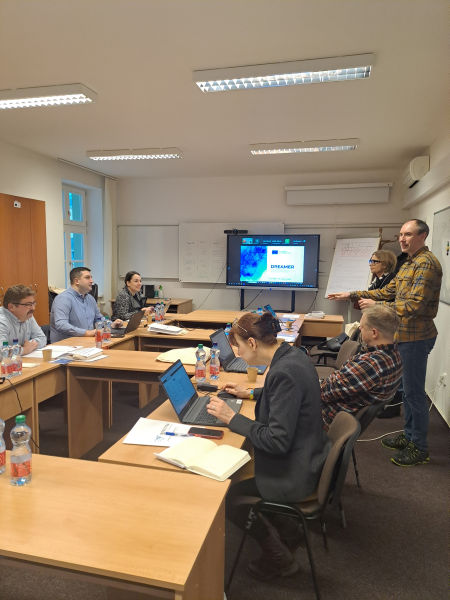
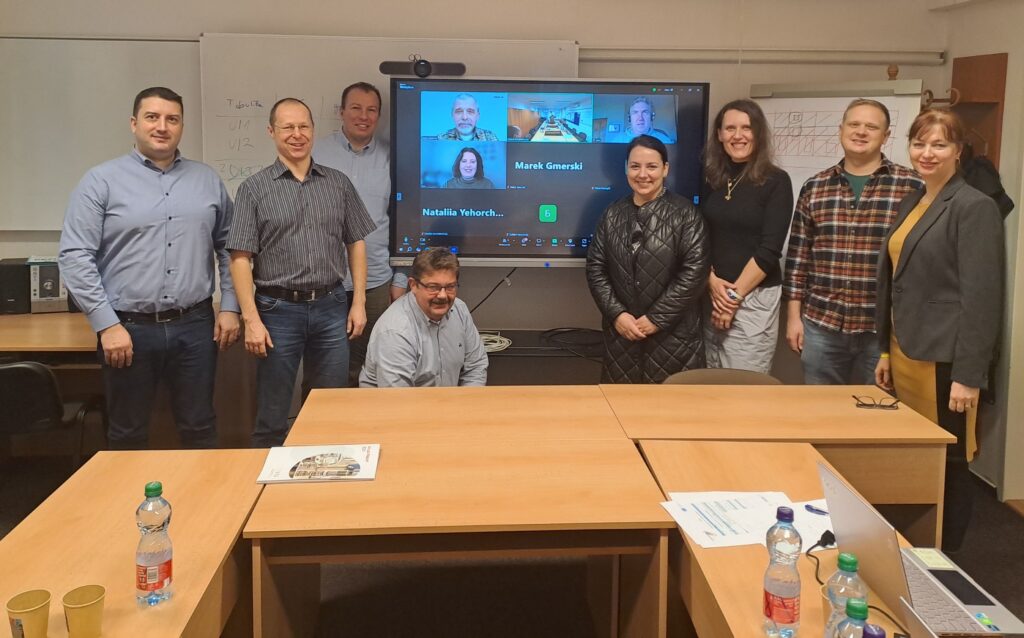
Activities and Impact
Key activities include intensive training for educators, piloting of innovative curricula, and hosting international workshops and conferences. The project also aims to create open-access educational materials, a “pedagogical guide” for diverse learning contexts, and digital tools to enhance teaching and learning.
Expected outcomes include increased student employability, strengthened academic collaboration across Europe, and a critical contribution to rebuilding Ukraine through education. Over 100 war-affected students in Ukraine will benefit from targeted training programs, ensuring inclusion and support for displaced individuals.Strategic Importance
The DREAMER project aligns with Erasmus+ priorities by supporting higher education institutions in cooperation with Ukrainian counterparts, fostering innovative teaching practices, and addressing climate change and digital transformation challenges.
This transformative project is poised to set new standards in project management education, creating a ripple effect of innovation, sustainability, and collaboration across Europe and beyond.
Funded by the European Union. Views and opinions expressed are however those of the author(s) only and do not necessarily reflect those of the European Union or the European Education and Culture Executive Agency (EACEA). Neither the European Union nor EACEA can be held responsible for them.

About the project
The project is an innovative initiative designed to revolutionize vocational education and training (VET) in the textile industry. At its core, the project aims to develop a tailored curriculum that addresses the specific needs of VET trainers and learners in the realm of new technologies. This curriculum will provide VET trainers and key stakeholders in the textile industry with essential tools to facilitate the acquisition of digital skills among learners. Additionally, the project seeks to offer learners a comprehensive and innovative training package focused on skills related to Industry 4.0, ensuring they are well-equipped for the technological demands of the modern workplace. Furthermore, TEX4.0 is committed to producing engaging and attractive training materials, aiming to enhance the appeal of the textile sector to younger generations. A key goal of the project is to foster active engagement in its activities and to employ participatory approaches in vocational education, ensuring a more interactive and effective learning experience. Through these efforts, TEX4.0 aspires to set a new standard in VET, making it more relevant, appealing, and effective in preparing learners for the challenges and opportunities of the digital age in the textile industry.
Project Activities
- Ιmplementation activities such as f2f working sessions, focus group sessions, survey, national pilotings, Transnational Learning Activity, learning material development, evaluation activities
- Sharing & promotion activities such as dissemination through social media, websites, newsletters, national sharing & promotion events
Project Objectives
- Develop a curriculum based on the needs of VET trainers & learners in the field of new technologies
- Equip VET trainers and textile stakeholders with the tools to support the digital skills acquisition of their learners
- Offer VET learners an innovative training package on Industry4.0-related skills
- Produce attractive training material to make the textile sector more appealing to youth
- Achieve engagement in project’s activities and to use of participatory approaches in VET
The Timeline
M01 M09Launching a Training Suite
This phase focuses on providing VET learners with e-learning modules on Industry 4.0 technologies and enhancing qualifications transparency across the EU. It also equips VET trainers and textile stakeholders with resources to deliver engaging training effectively.
M07 M19Training & Digital Transformation
During this phase, the project will improve digital training for the textile sector, emphasizing broader participation and enhanced training materials by incorporating feedback from initial implementations and integrating participatory methods for optimal industry relevance.
M17 M24Enhancing Visibility and Impact
This phase centers on communicating and disseminating the project’s results, focusing is on reaching a broad audience, including sector professionals and the general public, to foster widespread adoption and long-term benefits of digital transformation in the textile sector.
The Results
Report & Curriculum
A training curriculum on the technologies and training methods will be developed for VET trainers and textile stakeholders.
You can access to the report in different languages here :
Training Suite
A training package with relevant training material for all target groups on the Industry 4.0 technologies and their applications in the textile sector
TEX 4.0 Training SuiteMy TEXperience
Learning outcomes and skills acquired through Piloting Sessions and “My TEXperience” activity
News
 https://project-spaces.eu/tex4.0/wp/wp-content/uploads/2024/04/Screenshot-2024-04-12-180825-600x599.png 600w, https://project-spaces.eu/tex4.0/wp/wp-content/uploads/2024/04/Screenshot-2024-04-12-180825-800x799.png 800w, https://project-spaces.eu/tex4.0/wp/wp-content/uploads/2024/04/Screenshot-2024-04-12-180825.png 1150w" alt="" width="1150" height="1149" style="box-sizing: inherit; border: 0px rgb(230, 230, 230); outline: 0px; vertical-align: middle; background: transparent; margin: 0px; padding: 0px; max-width: 100%; height: auto; transition: opacity 300ms ease-out, -webkit-transform 300ms ease-out, -webkit-filter 300ms ease-out;" />
https://project-spaces.eu/tex4.0/wp/wp-content/uploads/2024/04/Screenshot-2024-04-12-180825-600x599.png 600w, https://project-spaces.eu/tex4.0/wp/wp-content/uploads/2024/04/Screenshot-2024-04-12-180825-800x799.png 800w, https://project-spaces.eu/tex4.0/wp/wp-content/uploads/2024/04/Screenshot-2024-04-12-180825.png 1150w" alt="" width="1150" height="1149" style="box-sizing: inherit; border: 0px rgb(230, 230, 230); outline: 0px; vertical-align: middle; background: transparent; margin: 0px; padding: 0px; max-width: 100%; height: auto; transition: opacity 300ms ease-out, -webkit-transform 300ms ease-out, -webkit-filter 300ms ease-out;" />Crafting Change: Small Steps to Big Impact in Sustainable Textiles
Introduction The textile industry is on a transformative journey, pivoting from its resource-intensive roots to embrace sustainability. This shift is vital not only for environmental preservation but also for economic resilience and social equity. In this concise exploration, we look at practical, small-scale changes that are setting the stage for major industry-wide shifts. Sustainable Fibers... Read More https://project-spaces.eu/tex4.0/wp/wp-content/uploads/2024/04/Screenshot-2024-04-12-180744-600x603.png 600w, https://project-spaces.eu/tex4.0/wp/wp-content/uploads/2024/04/Screenshot-2024-04-12-180744-800x804.png 800w, https://project-spaces.eu/tex4.0/wp/wp-content/uploads/2024/04/Screenshot-2024-04-12-180744.png 1144w" alt="" width="1144" height="1150" style="box-sizing: inherit; border: 0px rgb(230, 230, 230); outline: 0px; vertical-align: middle; background: transparent; margin: 0px; padding: 0px; max-width: 100%; height: auto; transition: opacity 300ms ease-out, -webkit-transform 300ms ease-out, -webkit-filter 300ms ease-out;" />
https://project-spaces.eu/tex4.0/wp/wp-content/uploads/2024/04/Screenshot-2024-04-12-180744-600x603.png 600w, https://project-spaces.eu/tex4.0/wp/wp-content/uploads/2024/04/Screenshot-2024-04-12-180744-800x804.png 800w, https://project-spaces.eu/tex4.0/wp/wp-content/uploads/2024/04/Screenshot-2024-04-12-180744.png 1144w" alt="" width="1144" height="1150" style="box-sizing: inherit; border: 0px rgb(230, 230, 230); outline: 0px; vertical-align: middle; background: transparent; margin: 0px; padding: 0px; max-width: 100%; height: auto; transition: opacity 300ms ease-out, -webkit-transform 300ms ease-out, -webkit-filter 300ms ease-out;" />Weaving a Greener Future: Innovations in Sustainable Textiles
Introduction As the global focus on environmental sustainability intensifies, the textile industry is under increasing pressure to reduce its ecological footprint. This sector, historically associated with substantial waste and resource consumption, is now at the forefront of adopting innovative practices to pave the way for a sustainable future. This blog explores the latest innovations in...Read More https://project-spaces.eu/tex4.0/wp/wp-content/uploads/2024/04/Screenshot-2024-04-12-180545-600x597.png 600w, https://project-spaces.eu/tex4.0/wp/wp-content/uploads/2024/04/Screenshot-2024-04-12-180545-800x797.png 800w, https://project-spaces.eu/tex4.0/wp/wp-content/uploads/2024/04/Screenshot-2024-04-12-180545.png 1142w" alt="" width="1142" height="1138" style="box-sizing: inherit; border: 0px rgb(230, 230, 230); outline: 0px; vertical-align: middle; background: transparent; margin: 0px; padding: 0px; max-width: 100%; height: auto; transition: opacity 300ms ease-out, -webkit-transform 300ms ease-out, -webkit-filter 300ms ease-out;" />
https://project-spaces.eu/tex4.0/wp/wp-content/uploads/2024/04/Screenshot-2024-04-12-180545-600x597.png 600w, https://project-spaces.eu/tex4.0/wp/wp-content/uploads/2024/04/Screenshot-2024-04-12-180545-800x797.png 800w, https://project-spaces.eu/tex4.0/wp/wp-content/uploads/2024/04/Screenshot-2024-04-12-180545.png 1142w" alt="" width="1142" height="1138" style="box-sizing: inherit; border: 0px rgb(230, 230, 230); outline: 0px; vertical-align: middle; background: transparent; margin: 0px; padding: 0px; max-width: 100%; height: auto; transition: opacity 300ms ease-out, -webkit-transform 300ms ease-out, -webkit-filter 300ms ease-out;" />Embracing Sustainability: How the Textile Industry Can Thrive on Eco-friendly Practices
Introduction In today’s world, where environmental concerns are at the forefront of consumer minds, the textile industry faces significant challenges. Known traditionally for its high water consumption, chemical pollution, and waste generation, this sector is now pivoting towards more sustainable practices. This shift not only helps preserve our natural resources but also opens up new...Read MoreAbout us
The Faculty of Industrial Engineering and Robotics is the third university by number of students, out of the 15 faculties of the University POLITEHNICA of Bucharest.
Contact
Tel. 021.402.9302, 021.402.9520
Fax: 021.310.7753Email address: decanat@fiir.pub.ro
Email address: secretariat@fiir.pub.ro
© The Faculty of Industrial Engineering and Robotics, 2026.




